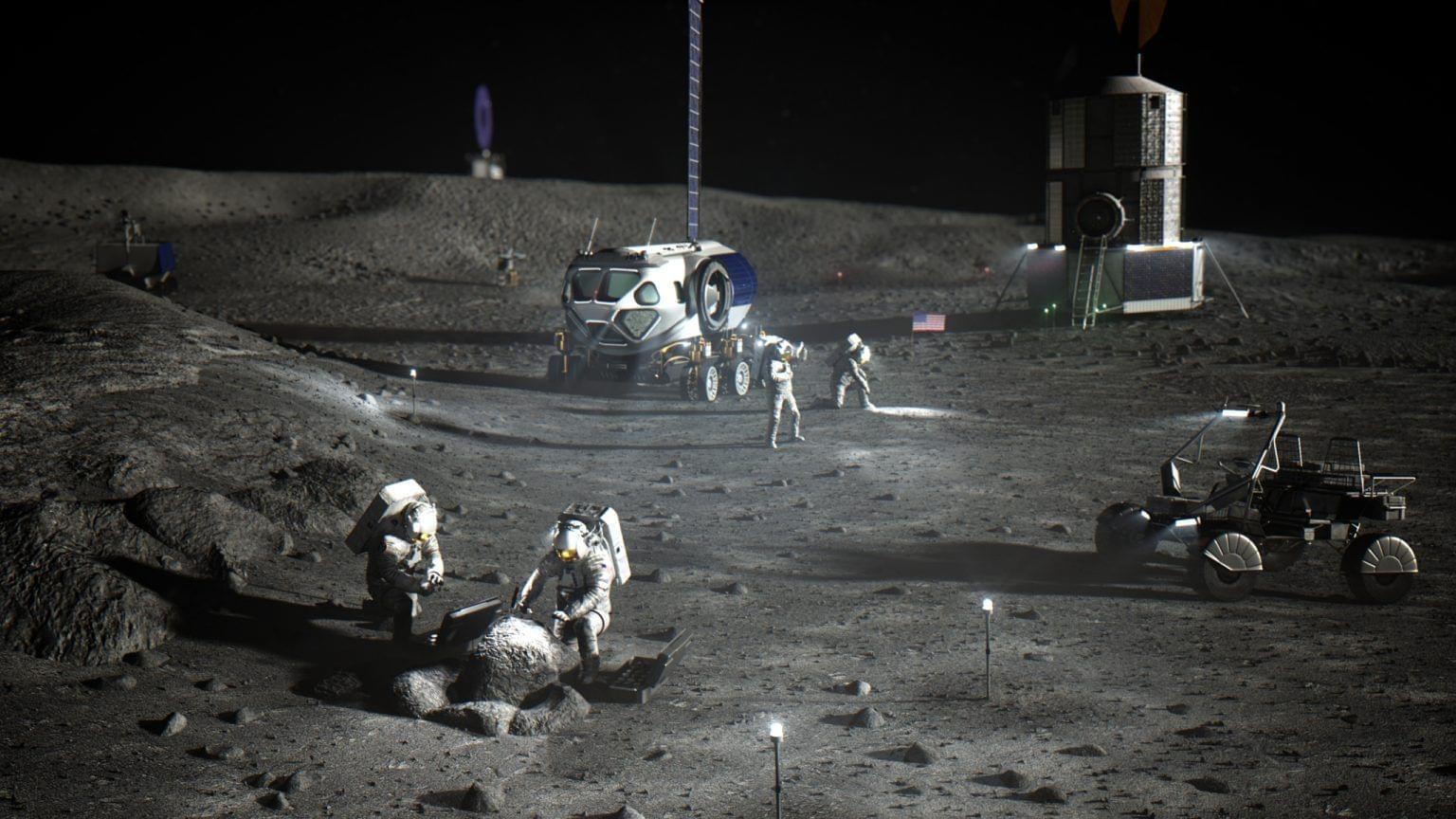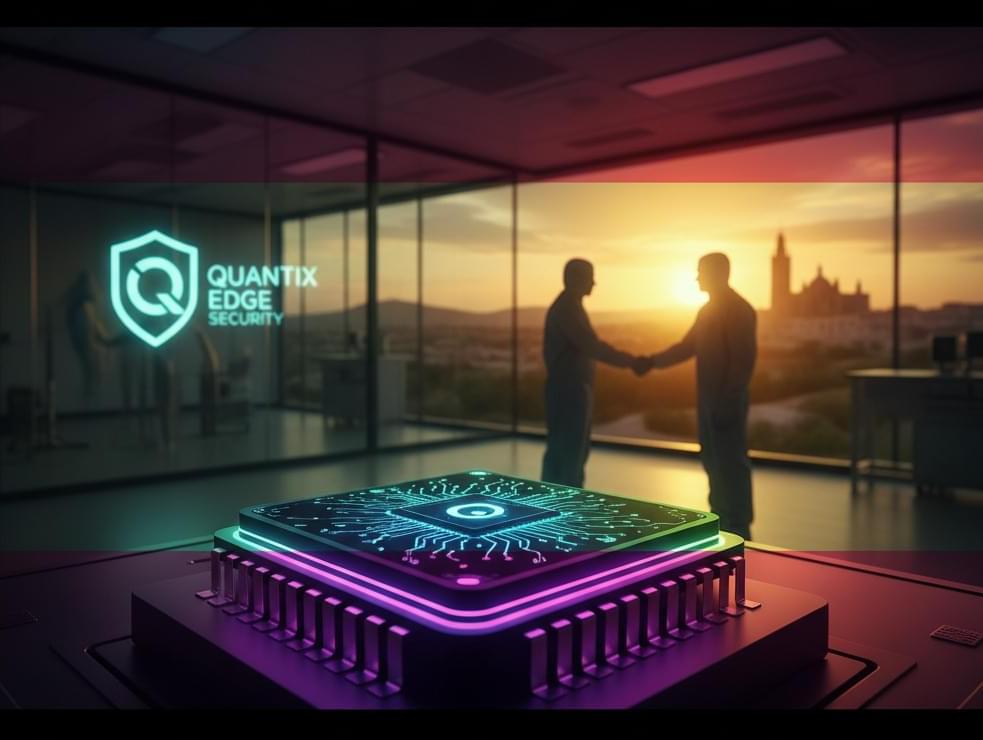The exploration of the moon is going to be a continuous activity.


Shaping The Future Of Personalized Medicine — Professor Dragan[ ](https://www.facebook.com/PrimoracDragan?__cft__[0]=AZWpslTHjsy1a1kjedsti2RJw9yv6FhOXDFg2kyiufa2-D4Gk8TYoTy6HPaDPGARaq1EESF8mpBiV9Jjt2gpkh8Np3gpvzqTNu4cOTW-m31Hn4MVmEFyC6gnP5_-bMEdn1Gn81MUYh3llD5MqtPqF8dPWOZxq1Oo7MbC2g5664Of2FI4tc98YxJrFewUmig_tH0&__tn__=-]K-R)Primorac MD, PhD — Founder, St. Catherine Specialty Hospital
Professor Dragan Primorac, MD., PhD (https://www.draganprimorac.com/) is a globally recognized physician-scientist whose work spans personalized medicine, regenerative therapies, and forensic genetics.
From 2003 to 2009 Prof. Primorac served as the Minister of Science, Education and Sports of the Republic of Croatia. The Ministry of Science and Education of Croatia is the ministry in the Government of Croatia which is in charge of primary, secondary and tertiary education, research institutions and sports (https://mzom.gov.hr/en).
Prof. Primorac is the Founder of St. Catherine Specialty Hospital in Zagreb Croatia (https://www.stcatherine.com/), the official hospital of the Croatian Olympic Committee as well as the official hospital of the Croatian Football Federation. St. Catherine Hospital is affiliated with four medical schools and the Ministry of Science and Education recently announced that the St. Catherine Hospital became Scientific Center of Excellence for the Personalized Medicine\.




Everybody develops presbyopia as they age—a difficulty in focusing on near objects and text—and often must resort to reading glasses. However, the solution might be as simple as using special eye drops two or three times a day.
A retrospective study of 766 patients presented at the 43rd Congress of the European Society of Cataract and Refractive Surgeons (ESCRS) has found that the majority could read an extra two, three or more lines on the eye chart used for testing near visual acuity (the Jaeger chart) after using specially formulated eye drops. This improvement was sustained for up to two years.
Dr. Giovanna Benozzi, director of the Center for Advanced Research for Presbyopia, in Buenos Aires, Argentina, said, We conducted this research due to the significant unmet medical need in presbyopia management. Current solutions such as reading glasses or surgical interventions have limitations, including inconvenience, social discomfort, and potential risks or complications.
The U.S. Secret Service on Tuesday said it took down a network of electronic devices located across the New York tri-state area that were used to threaten U.S. government officials and posed an imminent threat to national security.
“This protective intelligence investigation led to the discovery of more than 300 co-located SIM servers and 100,000 SIM cards across multiple sites,” the Secret Service said.
The devices were concentrated within a 35-mile (56 km) radius of the global meeting of the United Nations General Assembly in New York City. An investigation into the incident has been launched by the Secret Service’s Advanced Threat Interdiction Unit.

Mo Gawdat warns that AI will soon surpass human intelligence, fundamentally changing society, but also believes that with collective action, ethical development, and altruistic leadership, humans can ensure a beneficial future and potentially avoid losing control to AI
## Questions to inspire discussion.
AI’s Impact on Humanity.
🤖 Q: How soon will AI surpass human intelligence? A: According to Mo Gawdat, AI will reach AGI by 2026, with intelligence measured in thousands compared to humans, making human intelligence irrelevant within 3 years.
🌍 Q: What potential benefits could AI bring to global issues? A: 12% of world military spending redirected to AI could solve world hunger, provide universal healthcare, and end extreme poverty, creating a potential utopia.
Preparing for an AI-Driven Future.
An interesting & apposite article on a vital aspect of the Space-Race not normally covered.
Nearly 15,000 satellites in 432 constellations are driving today’s $570 billion dollar space economy. Dr. Namrata Goswami explains recent predictions for over 60,000 satellites and $2 trillion in space by 2040.
Dr. Namrata Goswami is a Professor of Space Security at Johns Hopkins University and co-author of the book “Scramble for the Skies”. She joins us today to discuss the current state of the emerging space economy and the Great Powers Competition for control of Earth orbit and beyond.
Dr. Namrata Goswami, Professor of Space Security at Johns Hopkins University and co-author of the book “Scramble for the Skies”. She joins us today to discuss the current state of the emerging space economy and the Great Powers Competition for control of Earth orbit and beyond.
Disclaimer: “The views expressed are those of the author and do not reflect the official guidance or position of the United States Government, the Department of Defense, the United States Air Force, or the United States Space Force.”